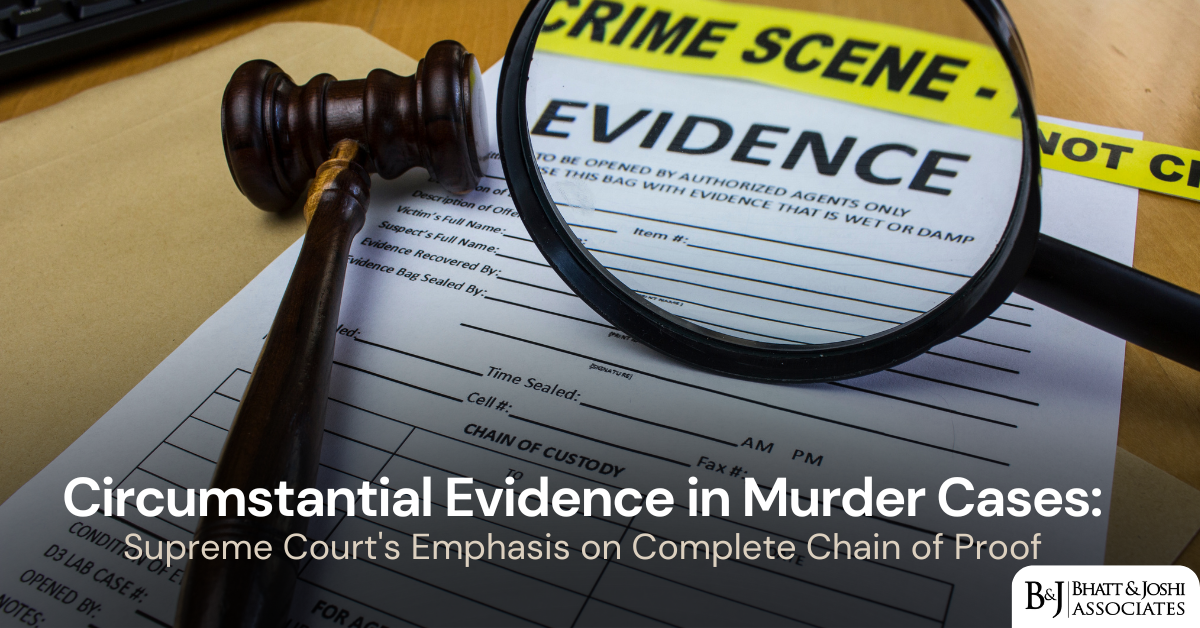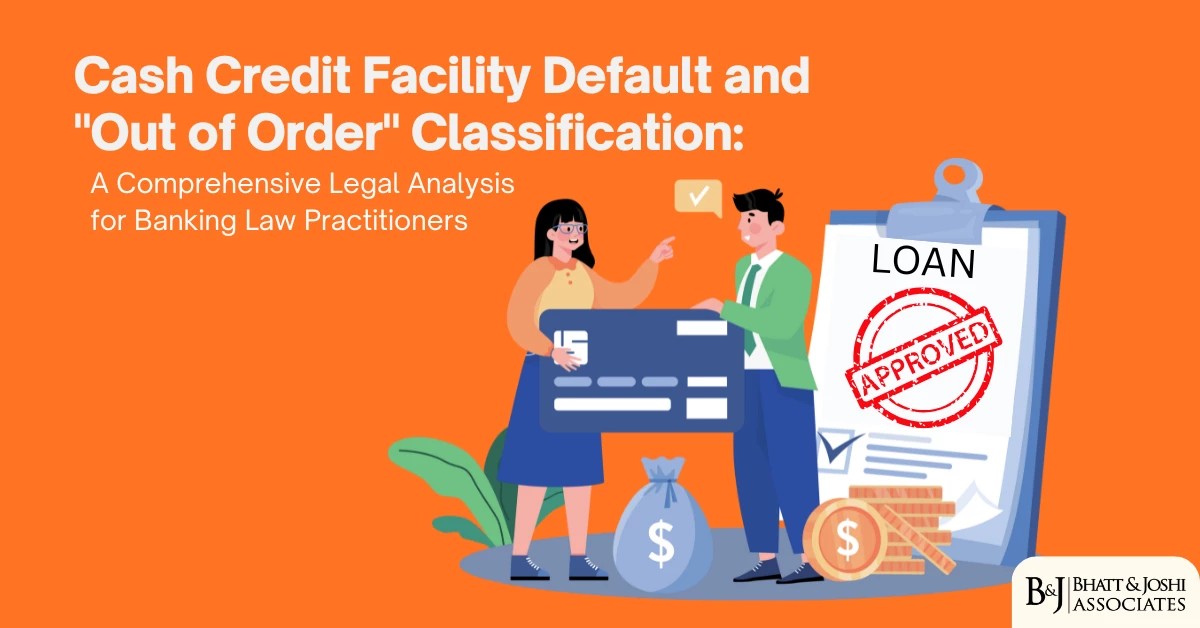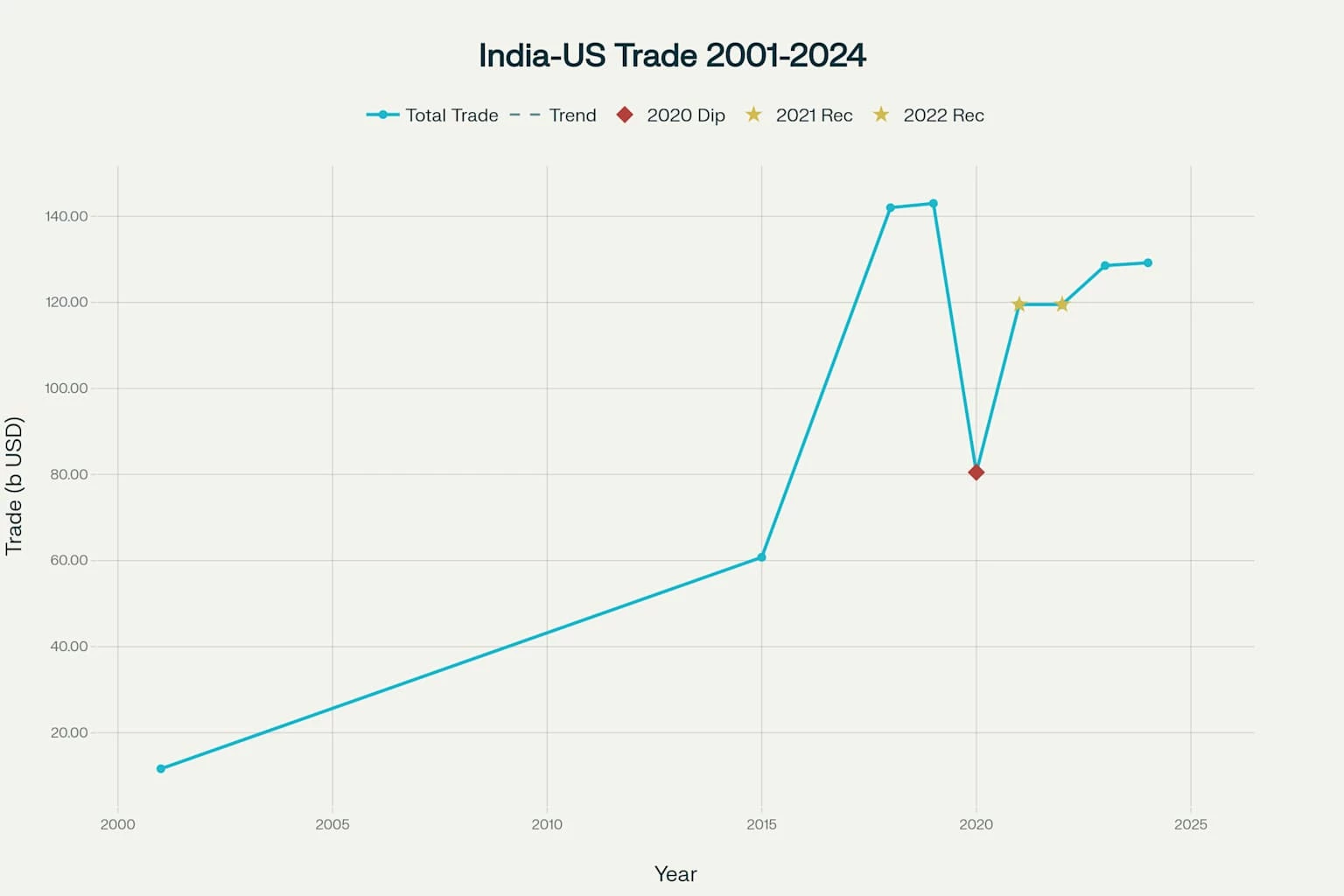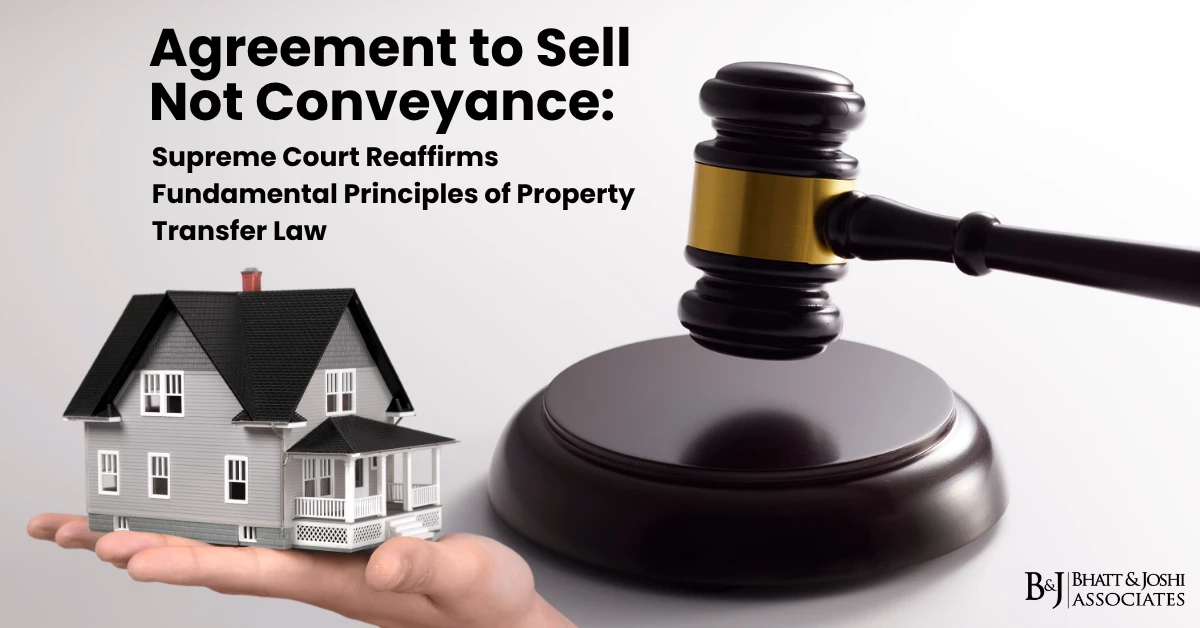Appeals before the High Court:
The High Court has appellate jurisdiction over both civil and criminal cases. There is a hierarchy of Civil and Criminal Courts in every state subordinate to their respective High Courts to administer civil and criminal law disputes. It can hear appeal on civil cases tried by the Courts of Munsifs and District Judges. In criminal cases, the jurisdiction extends to cases tried by the Sessions and Additional Sessions Judges. The Courts in hierarchy below to High Courts are called as Trial Courts. 
Appeals before the High Court
In what cases an Appeal lies before the High Court?
Right of appeal is a creature of the statute and it is for the legislature to decide whether the right of appeal should be unconditionally given to an aggrieved party or it should be conditionally given. The right to appeal which is a statutory right can be conditional or qualified.[1] So it is the statutory provision which shall determine where an appeal shall lie and whether it shall lie before High Court or any other forum. Further that, right to appeal is neither an absolute right nor an ingredient of natural justice the principles of which must be followed in all judicial and quasi-judicial adjudications.[2] The right to appeal is a statutory right and it can be circumscribed by the conditions in the grant.[3]
Statutory Appeals that lie before High Court :
- Section 389 of the Code of Criminal Procedure, 1973
- First Appeal: Sections 96 to 99A; 107 to 108 & Order 41 of the Code of Civil Procedure, 1908
- Second Appeal: Section 100 of Code of Civil Procedure
- Section 260A of the Income-Tax Act, 1961
- Section 173 of Motor Vehicles Act
- Section 130 of the Customs Act, 1962.
(List is not exhaustive)
APPEALS BEFORE HIGH COURT IN CRIMINAL MATTERS:
An appeal can be filed against the decision of a Session Judge if the accused has been sentenced for 7 years or more. Capital punishment given by a sessions judge cannot be executed unless it is confirmed by the High Court.
APPEALS BEFORE HIGH COURT IN CIVIL MATTERS:
Appeals arising out of Civil matters are called as Civil Appeals. The Civil Appeals are basically governed by Code of Civil Procedure. Further the High Court may also frame rules and procedures for conducting Civil Appeals. Appeals could be filed either against an order or Judgment.
SECOND APPEAL BEFORE HIGH COURT:
The decree/judgment passed by any appellate Civil Court in the first appeal can be challenged by way of a second appeal before the High Court. If the case involves a substantial question of law, the second appeal can be filed even against an ex parte decree/judgment of the first appellate court.
NO APPEAL:
No appeal can be filed against a decree/judgment which has been passed by the court with the consent of the parties. Again, no appeal can be filed, except on a question of law, from a decree in any suit of the courts of small causes, when the value of the subject matter of the suit is less than Rs. 3000/-.
Furthermore, where a decree/judgment is passed by a single judge of the High Court in second appeal, the said decree/judgment is not appealable.
Further, that 42nd Amendment, 1976 disallowed the High Court to hear appeals against Tribunals and the decisions of various Corporations established under the law of the state. But this restriction on the High Court’s appellate jurisdiction was removed by the 43rd Amendment.
GROUNDS OF APPEAL:
The basis of an appeal must be a reversible error in the application of the law, or appreciation of fact, at the trial court level (i.e., based on the facts, the court clearly misapplied the law). In criminal cases, an appeal can target the conviction itself or just the sentencing portion of the decision without regard to the underlying conviction. An appeal may be filed only after a final judgment or order has been reached by the trial court.
- A judgment/decree can be challenged in the first appeal on varied grounds both on basis of facts of the case and as well the legal interpretation of various legal provisions involved.
- For instance a party may raise objections as regards the territorial and pecuniary competence of a court passing the challenged judgment and decree.
- If there has been a failure of justice on account of such incompetence.
- Equally, in case all the necessary parties were not joined in the original suit, a challenge to the judgment decree of such a court can be maintained.
- An appeal may be as well to challenge the interpretation of law as the legal provisions applied by the subordinate court while making the judgment/ decree any error, defect as irregularity in any proceeding before the subordinate court affecting the merits of the case as the jurisdiction of such a court may as well be a sustainable ground while making an appeal.
- The second appeal can be filed only if there exists a substantial question of law. In the case the question of law would be substantial if it is of general public importance or which directly and substantially affects rights of the parties.
How are writs and appeals of High Court different?
Writs are extraordinary court orders and only issued when a moving party (the one seeking the writ) has no other options. A writ petition is filed to protect constitutional rights, Legal Rights or fundamental rights. Whereas, an appeal is a motion filed before a judge on which a previous lower court has passed an order or orders as the case may be and the orders are unsatisfactory to the person filing the appeal and so he she files appeal in a higher court. Usually writ petitions are filed first, whereas, appeals are filed after orders or judgment of lower courts. To read more about writs, click here.
I lost my trial because my law made stupid mistakes, can’t I rely on an appeal before High Court to correct them?
Don’t count on appeals to make up for any real or perceived deficiencies at trial. You should put all of your energy into the trial itself, which includes finding the right lawyer to try the case. Successfully appealing a verdict because you had a deficient attorney is an extremely difficult proposition. You can’t appeal because you simply had a bad lawyer. But, we may firstly understand some of the basic concepts pertaining to Appeal.
What is an appeal, when is it filed ?
At the conclusion of a proceeding in a lower court, the party who lost may want to have that decision reviewed by a higher court i.e. District Court, High Court or Supreme Court or concerned Tribunal depending upon the Legislative Scheme, in the hope that it might be reversed or changed.What an appeal is not
An appeal is not:
- a new trial;
- a hearing with witnesses or a jury;
- a chance to present new evidence or new witnesses to a new judge, except in exceptional circumstances; or
- a way to avoid complying with the trial court’s order.
Does an appeal constitute a new trial?
No. In an appeal there are no new issues presented or witnesses called to testify. The appellate court will only review the Trial Court’s Judgment and evidence presented during the trial to determine whether there were errors in either procedure or application of the law. Even if there were errors, if they’re deemed minor — legally called “harmless error” – the judgment is generally not overturned, nor is a new trial be granted. You must understand that an appeal is not a new trial or a rehearing of your case. The Court of Appeal will not hear an appeal of every case. In some cases, you must ask the permission of the Court to appeal through a process called “leave to appeal”. Even if the Court of Appeal hears your appeal, it will not:
- re-hear your case from start to finish;
- change the decision because it seems unfair; or
- change the decision just because the Court of Appeal disagrees with it. (The decision must be incorrect due to a factual or legal error.)
What is a possible outcome of an Appeal :
- Affirm the decision;
- Modify the ruling in some way;
- Consider new facts or evidence (seldom); or
- In extremely rare cases, may throw out the case entirely.
References:
- In Anant Mills Co. Ltd. v. State of Gujarat [(1975) 2 SCC 175]
- Shri Shyam Kishore and Ors. v. Municipal Corporation of Delhi and Anr. as reported in J.T. 1992 (5) SC 335 at page 351
- Gujarat Agro Industries Co. Ltd. v. Municipal Corpn. of the City of Ahmedabad [(1999) 4 SCC 468] and Vijay Prakash D. Mehta v. Collector of Customs [(1988) 4 SCC 402]













